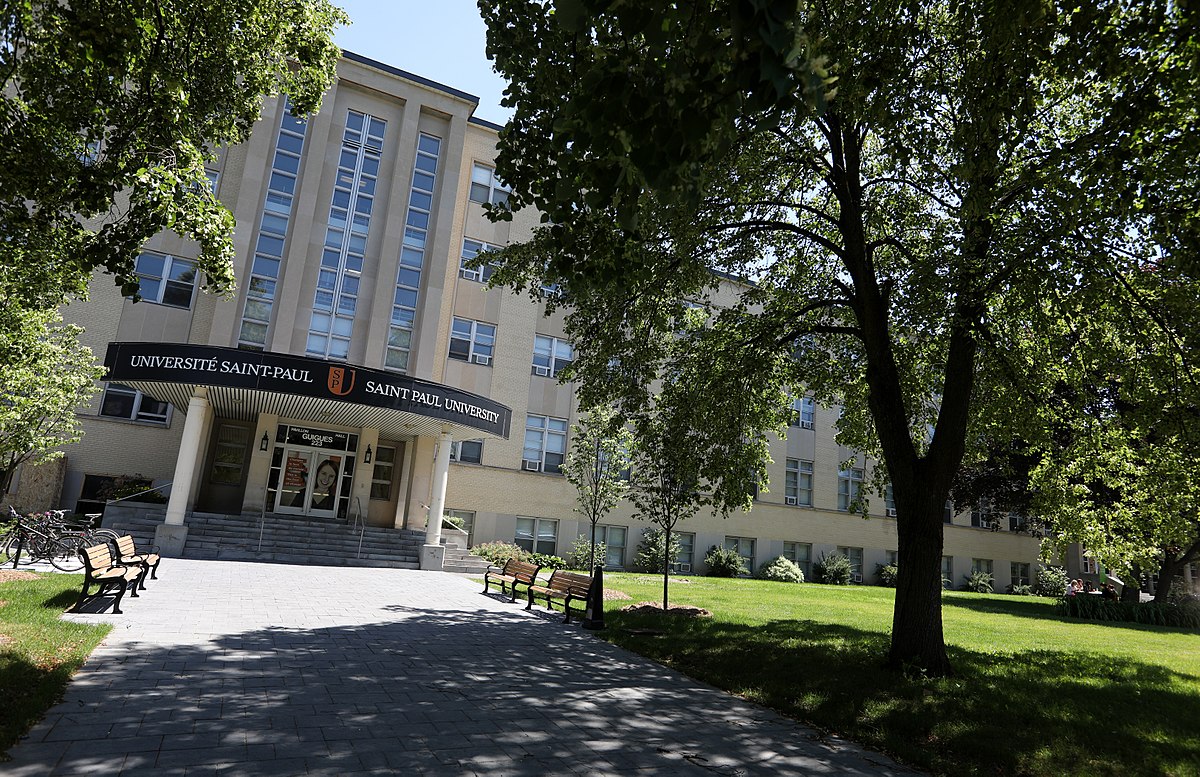Mainstreeter Staff
Saint Paul University officials are hailing a four-month pilot project now underway as a potential catalyst for a “revolutionary change” in how universities operate in Canada. The Old Ottawa East university is believed to be the first in Canada to introduce a four-day work week.
“We’re not implementing a compressed work week and we’re not cutting pay. We hope to be a successful case study for others to follow this path, to foster a better work-life balance for all,” says Carole Audet, Associate Vice-Rector, Talent, Diversity and Culture at Saint Paul, who recognizes the importance of this move.
According to the university, the new work regime is an effort to reduce fatigue and pressure on mental health, which the pandemic has exacerbated. At a time when the amount of information processed by employees seems to be at an all-time high, Saint Paul hopes the mental respite associated with a shorter work week could lead to happier employees, willing and able to work more efficiently.
“We have made our expectations clear to the employees,” says Chantal Beauvais, Rector of Saint Paul University.
“First and foremost, we want to create a work environment that is conducive to success, while allowing for a positive work-life balance. To do this, we will help all employees affected by the change find ways to function more effectively in performing their duties. This could mean some forms of cross-training, asking employees to think about how to save time throughout the day, and generally working together to ensure that we can continue to provide excellent service to the student body and stakeholders of the university.”
The decision to launch the pilot project followed an agreement with the bargaining unit representing Saint Paul’s administrative support personnel to support the implementation of the four-day work week. As a result, effective July 4, all administrative support personnel at the university, both unionized and nonunionized, began working a 28-hour instead of a 35-hour work week. Current salaries and pension plans will not be affected.
The revamped work structure should also benefit the university by helping to attract new talent while increasing employee retention. Both the university and the bargaining unit believe that the new four-day work week will improve staff well-being.







